Optimal Conditions for Hardwood Cladding
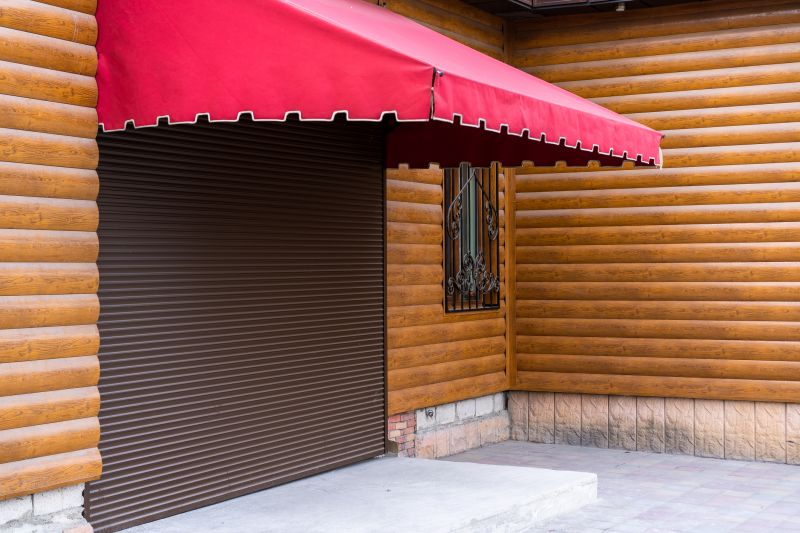
Spring offers moderate temperatures and reduced precipitation, making it ideal for hardwood cladding projects.
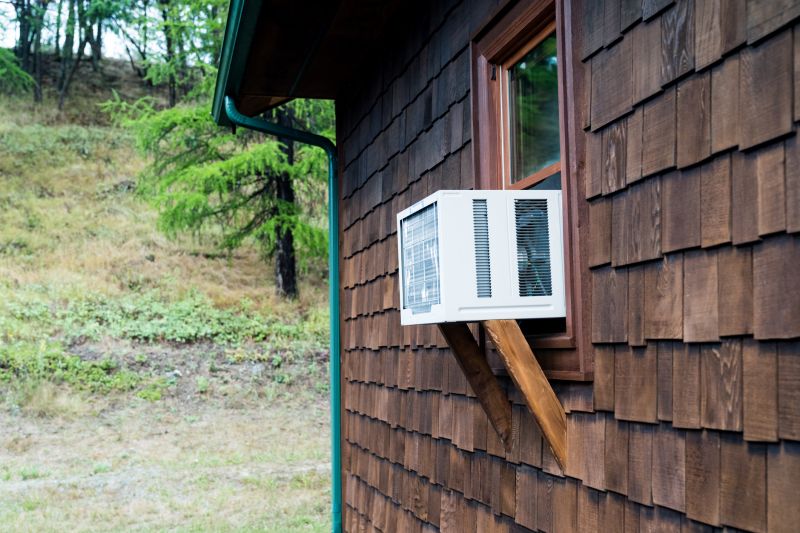
Longer daylight hours and warm weather facilitate efficient installation, provided humidity levels are controlled.
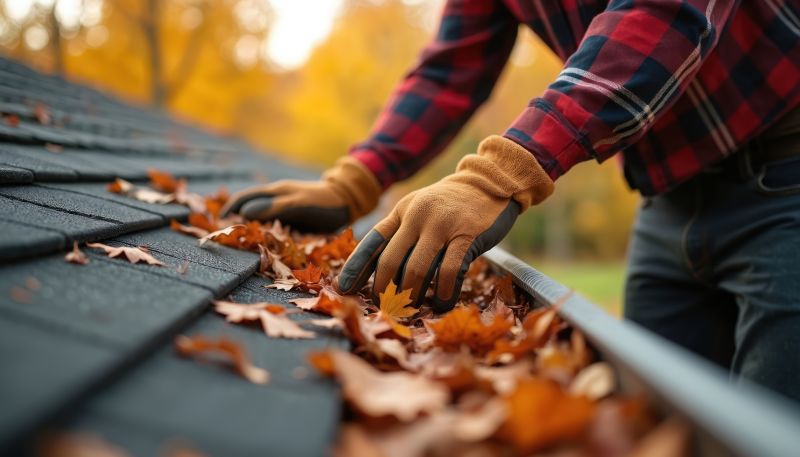
Autumn's cooler temperatures and lower humidity can help ensure proper adhesion and drying of materials.
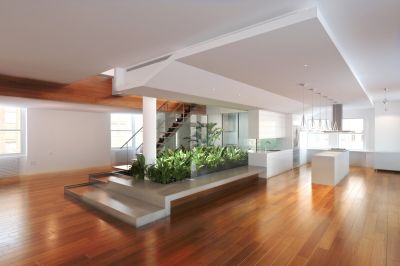
Ways to make Hardwood Cladding Installations work in tight or awkward layouts.
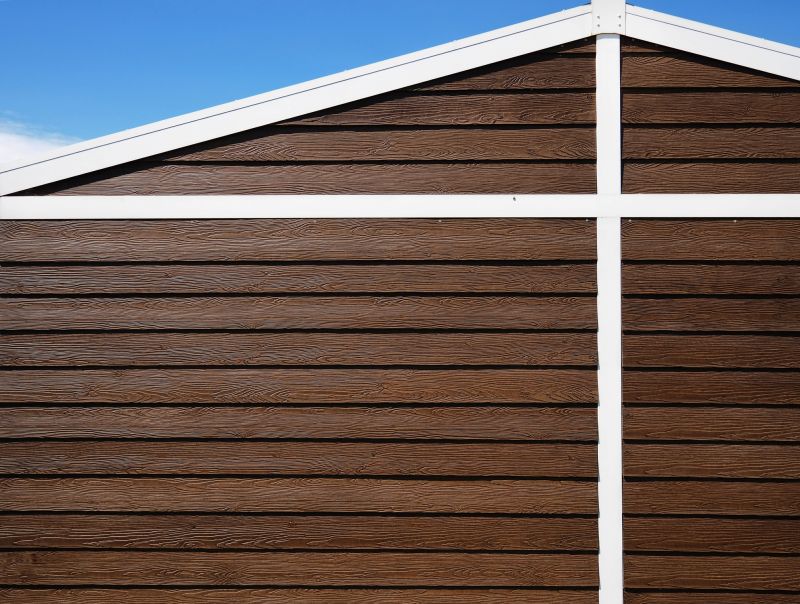
Popular materials for Hardwood Cladding Installations and why they hold up over time.
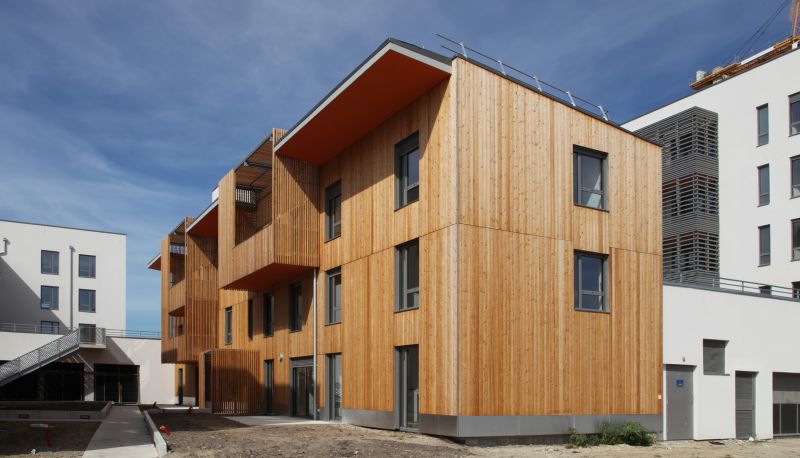
Simple add-ons that improve Hardwood Cladding Installations without blowing the budget.
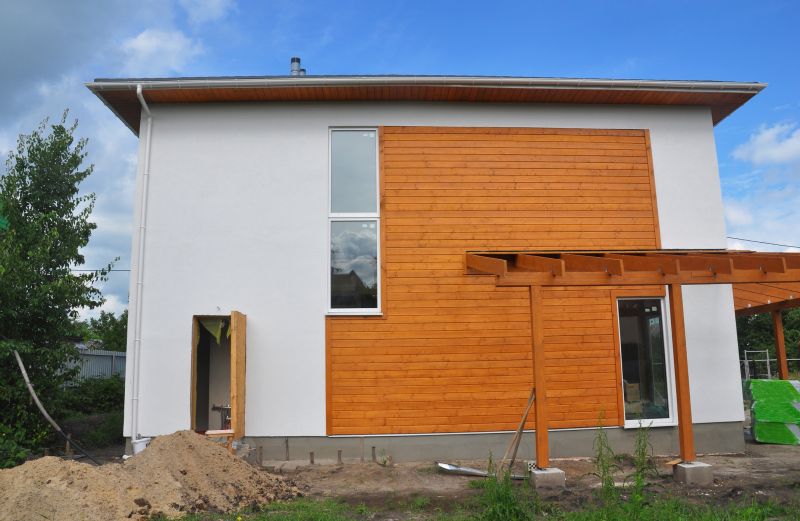
High-end options that actually feel worth it for Hardwood Cladding Installations.
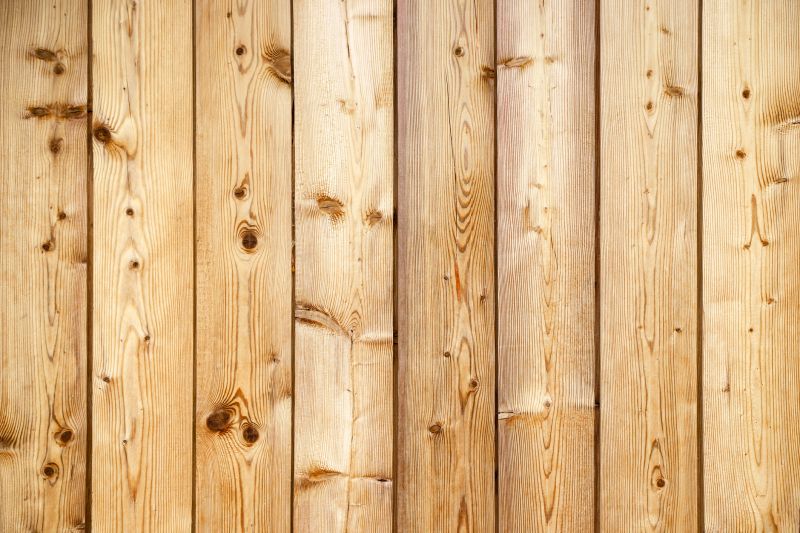
Finishes and colors that play nicely with Hardwood Cladding Installations.
Hardwood cladding installations are influenced by weather conditions, as they affect the drying and curing processes. Optimal conditions help prevent issues such as warping, swelling, or shrinking. Typically, periods with mild temperatures and low humidity are preferred to ensure the longevity and appearance of the cladding. Installing during suitable weather can also reduce the risk of delays and additional costs.
Avoid installation during periods of heavy rain, extreme heat, or freezing temperatures to prevent material damage and installation issues.
Hardwood materials require stable environmental conditions for proper expansion and contraction, influencing the timing of installation.
Scheduling during favorable weather windows can improve workflow efficiency and final results.
Local climate patterns play a significant role in determining the best installation times for hardwood cladding.
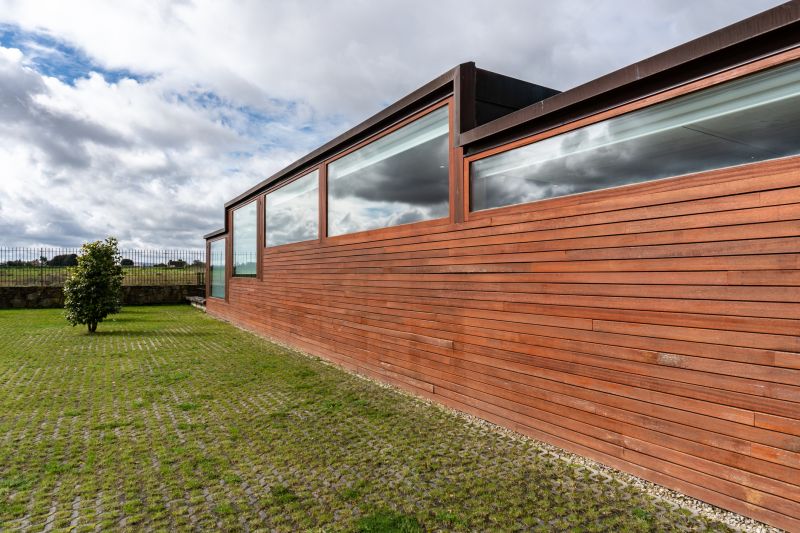
A durable choice for enhancing building aesthetics and protection.
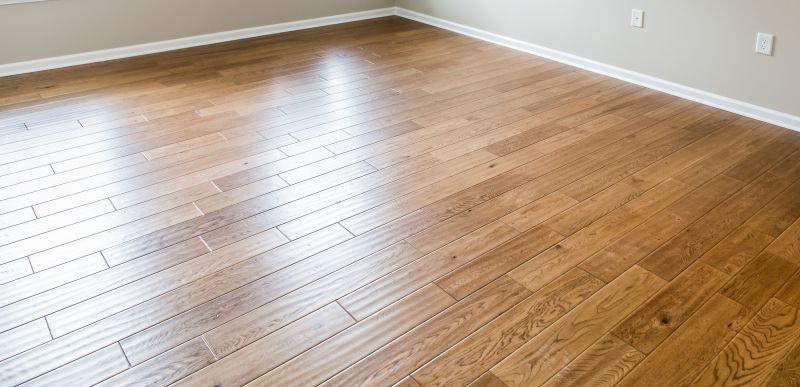
Showcasing the natural beauty of hardwood materials.
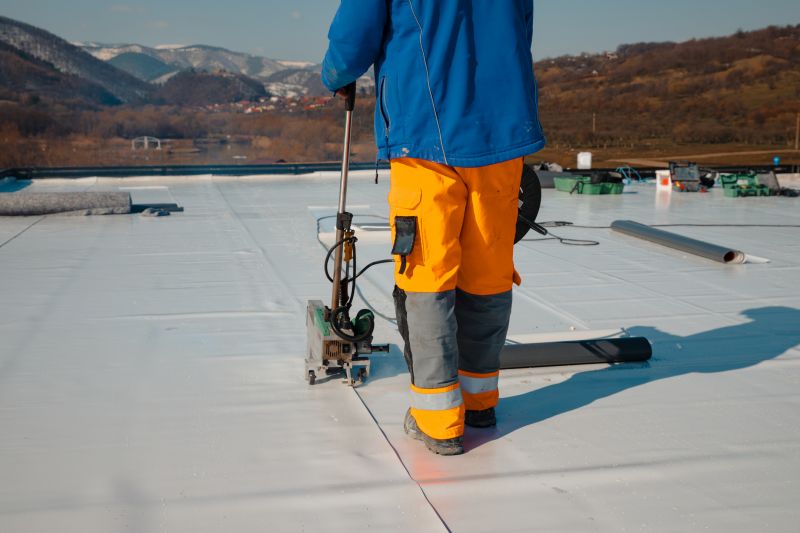
Workers installing hardwood cladding under favorable weather conditions.
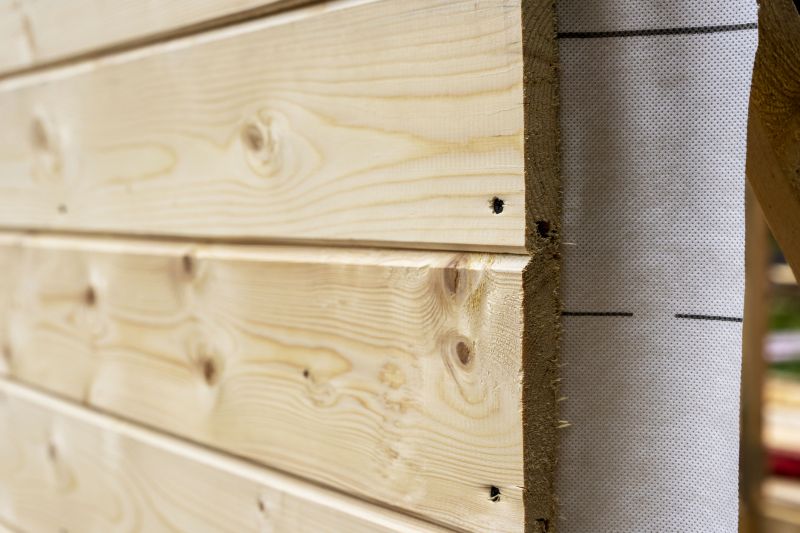
A sleek, modern exterior with natural wood finish.
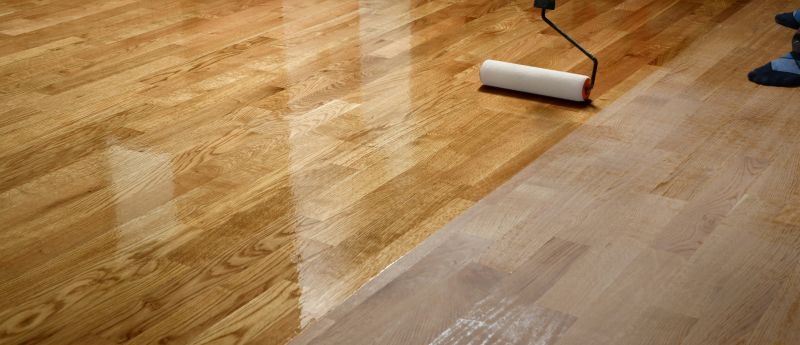
Application of protective coatings to prolong lifespan.
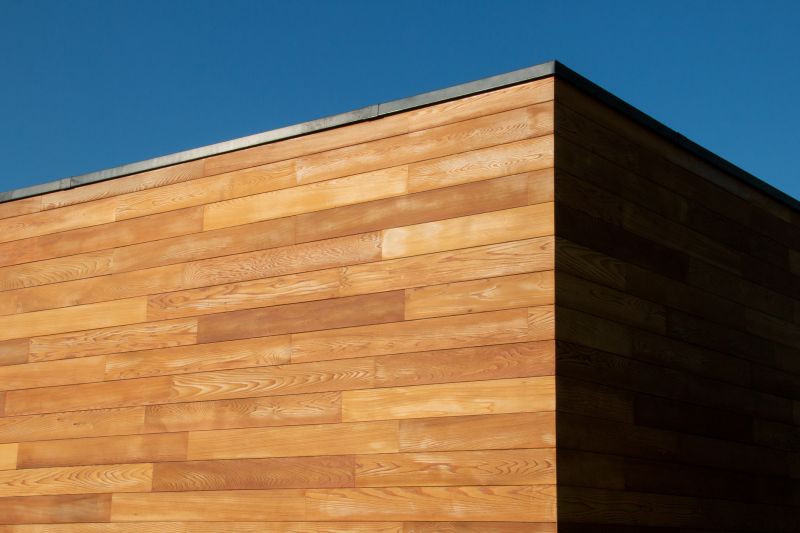
Various species used for cladding, each with unique characteristics.
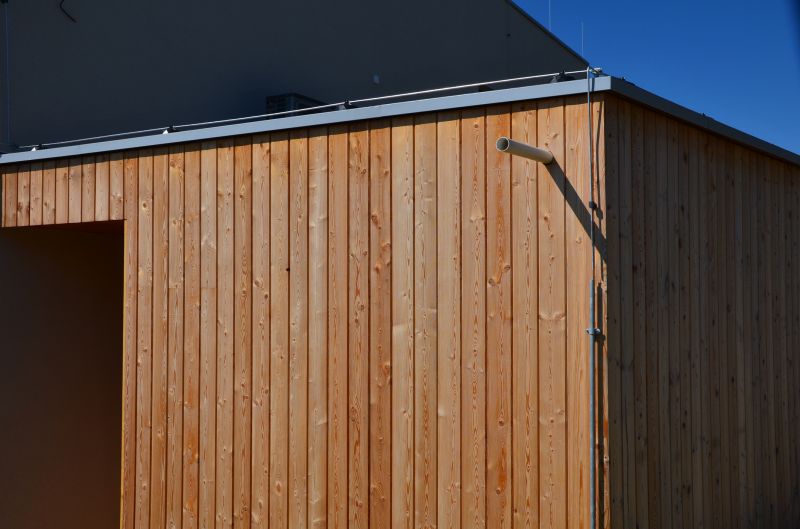
Enhancing curb appeal with natural hardwood.
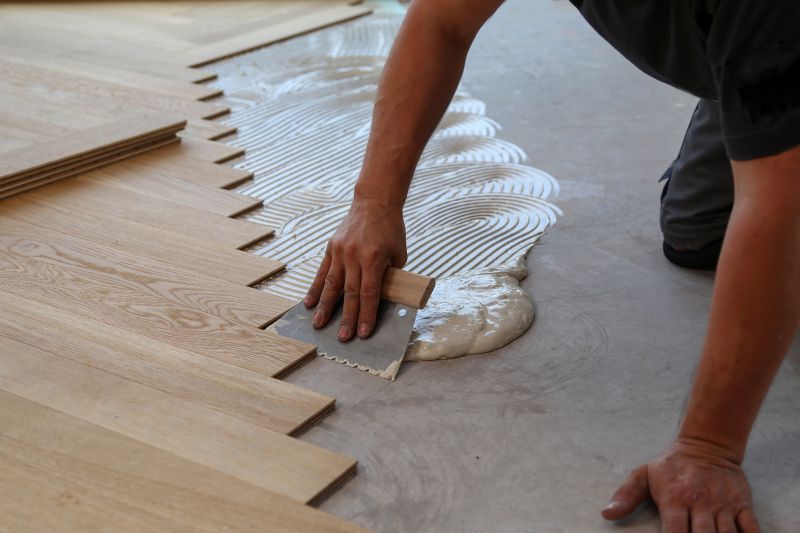
Adapting installation timing for durability.
| Season | Optimal Conditions |
|---|---|
| Spring | Moderate temperatures, low rainfall |
| Summer | Warm, dry weather, avoid excessive heat |
| Autumn | Cooler temperatures, low humidity |
| Winter | Not recommended due to cold and moisture risks |
| Late Fall | Potential for increased moisture, caution advised |
Choosing the right time for hardwood cladding installation depends on regional climate and project-specific conditions. Proper planning ensures the material's performance and aesthetic quality. Consulting with experienced installers can help identify the most suitable periods for installation, reducing potential weather-related issues.
Interested in hardwood cladding installations? Filling out the contact form can provide more tailored information and assistance for scheduling and project planning.



